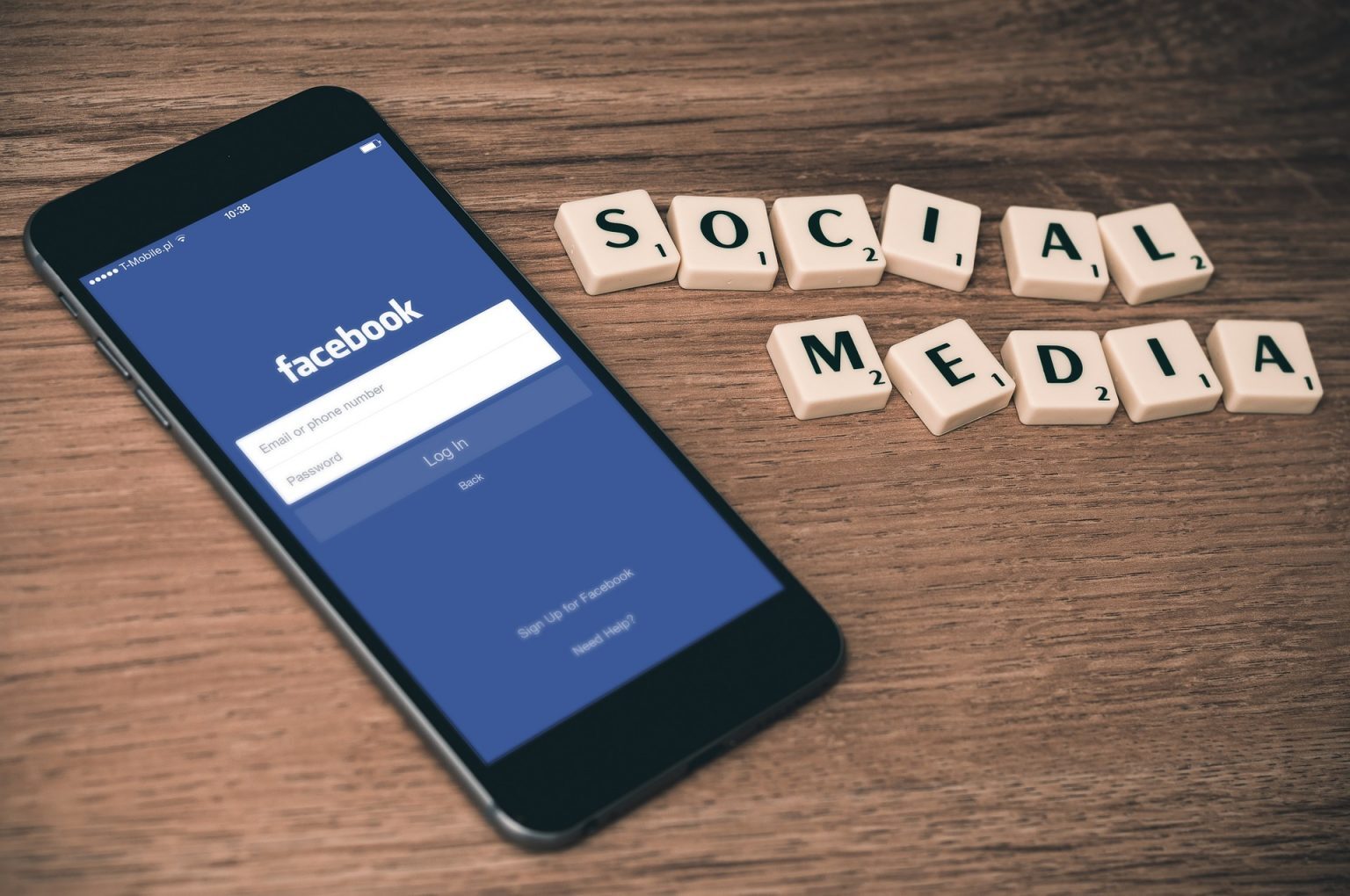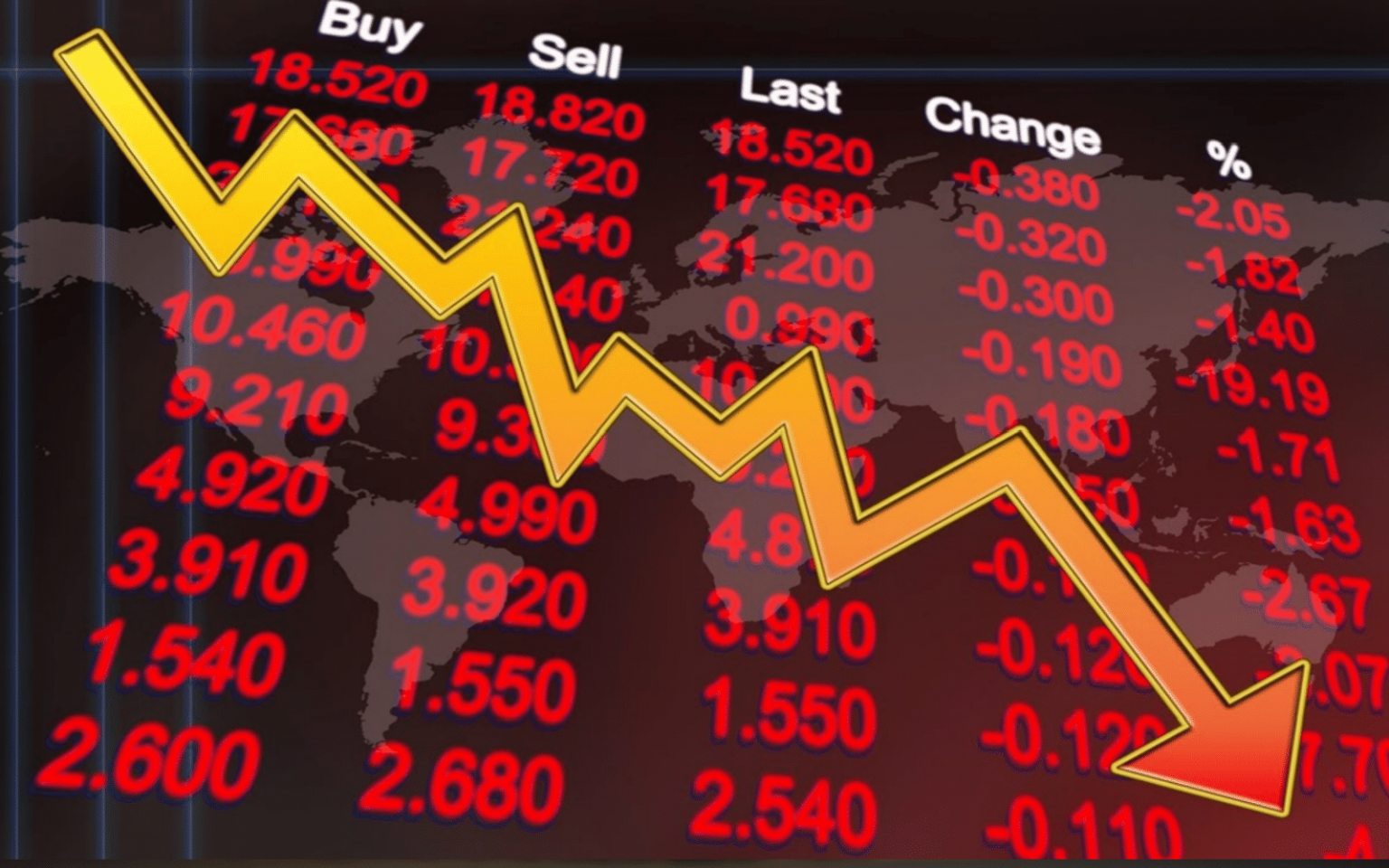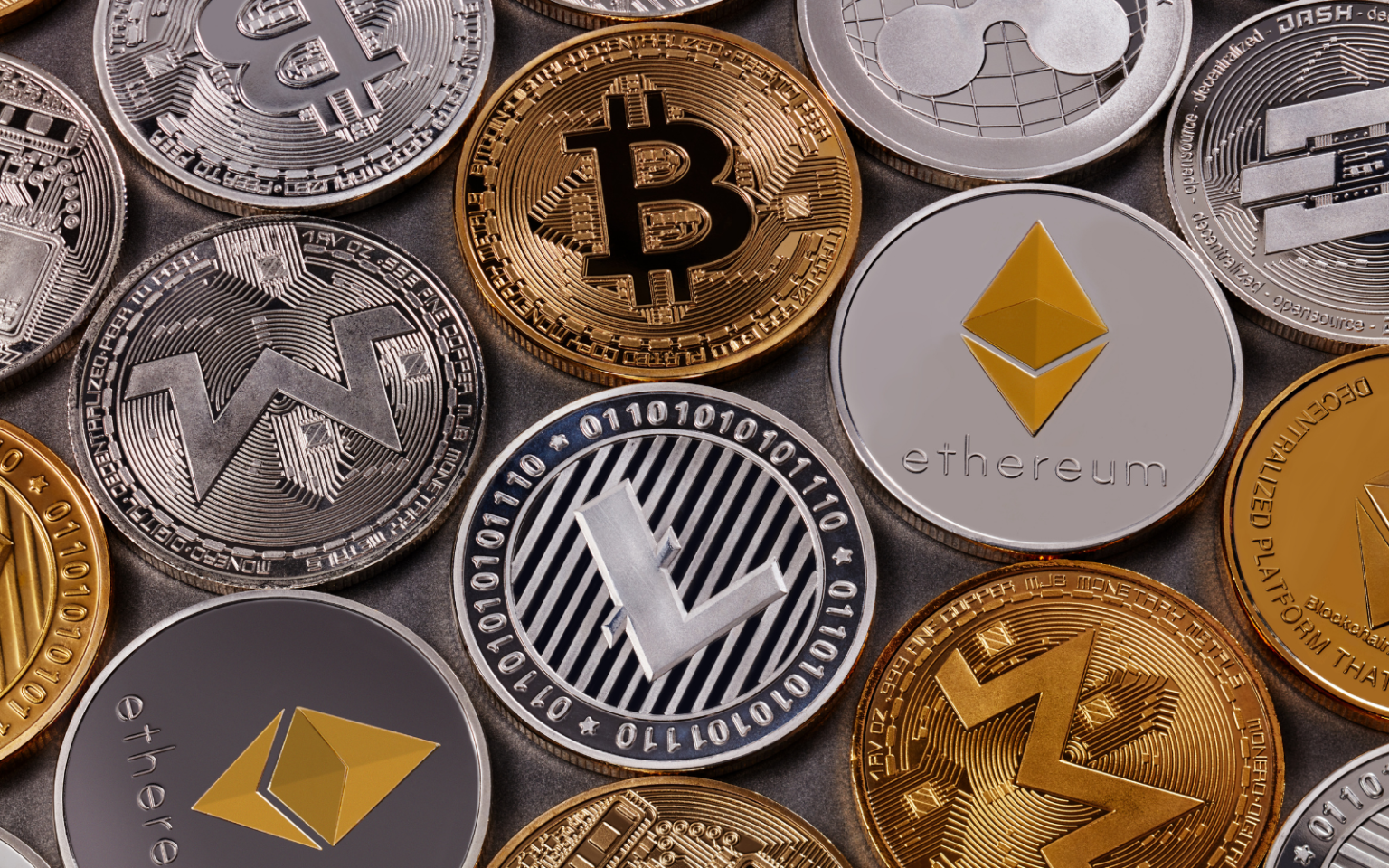The United States Congress recently held a hearing into US government information pertaining to “unidentified aerial phenomena” (UAPs). The last investigation of this kind happened more than 50 years ago, as part of a US Air Force investigation called Project Blue Book, which examined reported sightings of unidentified flying objects (note the change in name). The current hearings are the result of a stipulation attached to a 2020 COVID-19 relief bill, which required US Intelligence agencies to produce a report on UAPs within 180 days. That report appeared in June last year. But why would governments be interested in UAPs? One exciting line of thought is…
Author: The Conversation
Astronomers have revealed the first image of the black hole at the centre of our galaxy, the Milky Way. The image was produced by the Event Horizon Telescope (EHT) Collaboration, an international team made up of over 300 scientists on five continents – including Africa. Black holes were predicted by Albert Einstein’s General Theory of Relativity over a century ago. They are regions of space so dense that nothing, including light, can escape. Their boundary is known as the event horizon, which marks the point of no return. That’s just one of the reasons these objects are hidden from our eyes. The other is…
Social media allowed us to connect with one another like never before. But it came with a price – it handed a megaphone to everyone, including terrorists, child abusers and hate groups. EU institutions recently reached agreement on the Digital Services Act (DSA), which aims to “make sure that what is illegal offline is dealt with as illegal online”. The UK government also has an online safety bill in the works, to step up requirements for digital platforms to take down illegal material. The scale at which large social media platforms operate – they can have billions of users from across the world – presents a major…
If you had invested £100 (US$122) in the cryptocurrency Luna a month ago, you might have been quietly confident you’d made a sensible bet. But Luna’s value has since fallen drastically – at the time of writing, that £100 is worth around 4p (5¢). Luna was by no means the only victim in a week where cryptocurrencies were down 30%. Some have recovered to a certain extent, but this still represents an aggregate seven-day loss of over US$500 million (£410 million), prompting existential questions about the future of the market. This crash was possibly triggered by a financial “attack” on the…
In the context of work, the digital divide has become less about access to devices and connectivity and more about skills and mindset. Many experienced professionals have never learned more than the rudimentary basics of email, web search and Microsoft Office. Instead, they lean hard on nearby colleagues or the IT helpdesk when things go wrong. By contrast, young people have already demonstrated a competitive edge in the virtual workplace. They come equipped with a more intuitive grasp of digital technology and the initiative to troubleshoot problems via YouTube tutorials, social media and subreddits. As a generation, they’re also bigger gamers. As…
The road map to replacing old fashioned carbon-emitting cars with electric vehicles is well developed – at least in theory. All the major car makers (and even some of the smaller ones) are publicly committed to electric. But actually buying a new electric car? That’s another matter entirely. Volkswagen, the largest car manufacturer in the world, recently announced it had sold out of electric vehicles in the US and Europe for the rest of 2022. Ford’s E-Transit sold out before it had even started making them. Even the most basic (lower specification) version of Tesla’s Model 3 vehicle will now not be delivered for…
Like Earth, planetary bodies such as the Moon, Mars, asteroids and comets contain substantial deposits of valuable resources. This has caught the attention of both researchers and industry, with hopes of one day mining them to support a space economy. But setting up any kind of off-Earth mining industry will be no small feat. Let’s look at what we’re up against. In-situ resource utilisation When you think of off-Earth mining, you might imagine extracting materials from various bodies in space and bringing them back to Earth. But this is unlikely to be the first commercially viable example. If we wanted…
On May 12, 2022, astronomers on the Event Horizon Telescope team released an image of a black hole called Sagittarius A* that lies at the center of the Milky Way galaxy. Chris Impey, an astronomer at the University of Arizona, explains how the team got this image and why it is such a big deal. What is Sagittarius A*? Sagittarius A* sits at the the center of our Milky Way galaxy, in the direction of the Sagittarius constellation. For decades, astronomers have been measuring blasts of radio waves from an extremely compact source there. In the 1980s, two teams of astronomers started tracking the…
Some cryptocurrencies have always been fairly volatile, with values soaring or plunging within a short space of time. So for the more cautious investor, “stablecoins” were considered the sensible place to go. As the name implies, they are designed to be a steadier and safer bet. At the moment though, that stability is proving hard to find. The value of one of the most popular stablecoins, Terra (also known as UST), has fluctuated wildly in the last few days, before dropping dramatically – and is yet to recover. Before the crash, Terra was in the top 10 cryptoassets, with a value…
To assess whether a compound holds promise for treating a disease, researchers usually begin by studying its use in animals. This allows us to see if the compound has a chance of curing the disease. Animal models, however, rarely reproduce all aspects of a disease. The alternative is to represent the disease in cell cultures. While at first glance, Petri dishes look quite different from a person with a disease, the reality could be quite different when you look at them more closely. Alzheimer’s has been cured more than 400 times in laboratories. How then can we still consider Alzheimer’s…










